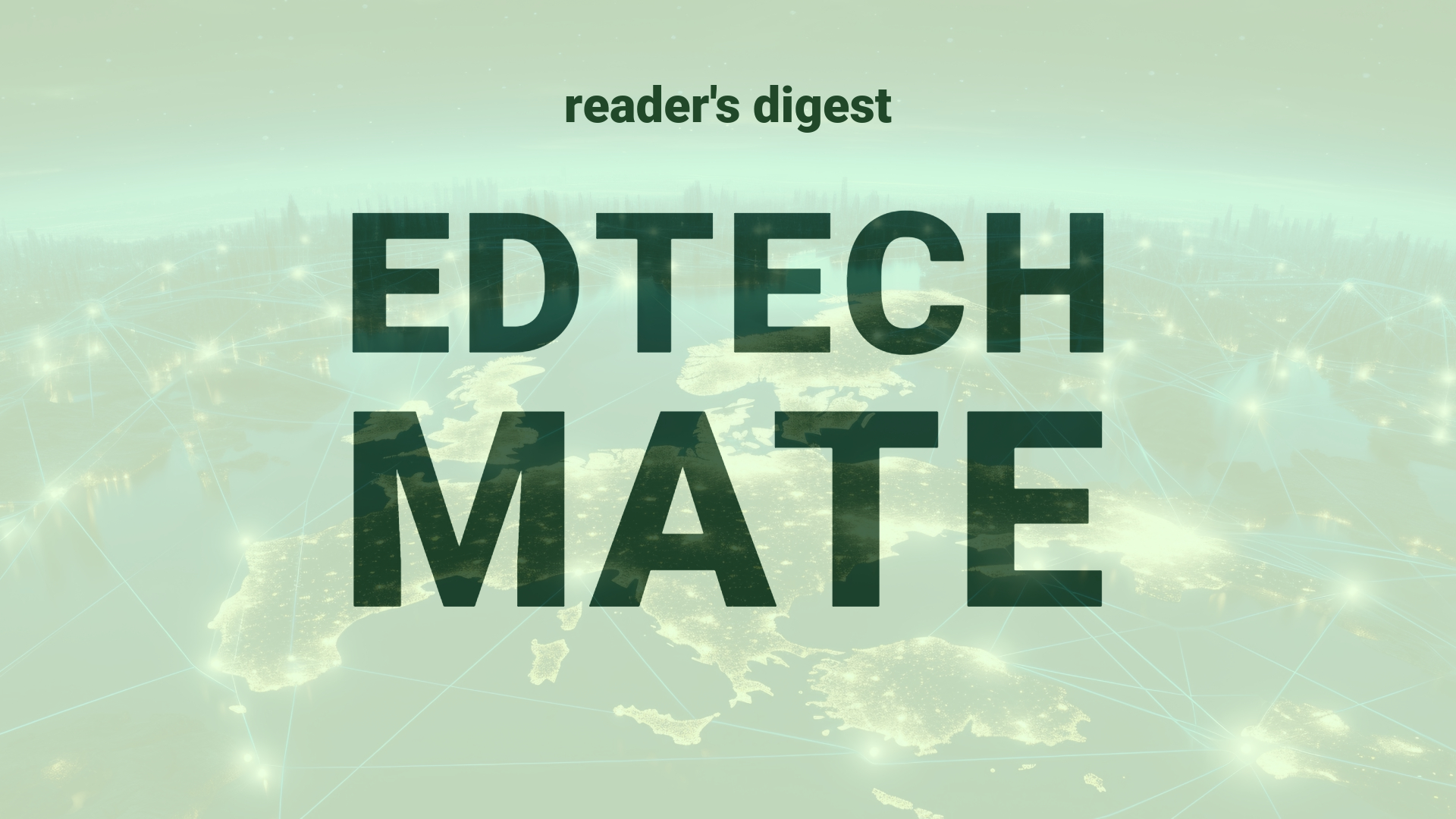Executive Summary and Main Points
The American power supplier AES has created a significant stride in the energy industry by launching a renewable energy program driven by machine learning. Through the partnership with Google, their initiative, Farseer AI Generation Forecasting and Market Automation Program, combines predictive analytics with an automation framework, AMART, to enhance renewable asset output forecasting and to adapt rapidly to market demands. This platform has not only enhanced operational efficiency but has also contributed to AES’s financial growth and commitment to achieving the Paris Accord goals by 2050. Investments in renewable energy facilities align with the surging demand for clean energy, especially considering the predicted doubling data center demands within the next three years in the US.
Potential Impact in the Education Sector
In Further Education and Higher Education spheres, AES’s application of machine learning for renewable energy forecasting and automation could serve as a case study in curriculum focused on environmental sustainability and digital transformation. This initiative exemplifies the convergence of IT and operational strategy, providing a blueprint for educational institutions seeking to develop digitally literate professionals. For educational institutions, this approach could inform the development of strategic partnerships for digitalization and operational management. Moreover, AES’s model could inform the development of micro-credentials, certifying students in AI-driven environmental forecasting and sustainable operational strategies, promoting a workforce better-equipped for technological and sustainable challenges.
Potential Applicability in the Education Sector
The AES model, when applied to the global higher education context, can inspire innovative applications in AI and digital tools integration. Universities could leverage predictive analytics and machine learning to optimize energy consumption within campus operations, minimize carbon footprint, and improve financial outcomes. Furthermore, the AI-based automation framework could streamline administrative processes, leading to enhanced organizational efficacy. AES’s collaborative partnership model could also provide a roadmap for educational institutions to collaborate with tech companies to achieve digital transformation ambitions, reinforcing the role of strategic partnerships in driving innovation in education.
Criticism and Potential Shortfalls
Despite its success, AES’s model must be critically analyzed for scalability, adaptability, and ethical considerations. Introducing such models in the education landscape requires consideration of cultural and resource variations between institutions and regions. For instance, AES’s reliance on private cloud platforms provided by a partner like Google raises questions about data sovereignty and privacy in countries with stringent data laws. Additionally, international case studies should explore the readiness of local infrastructures to support such digital advancements, with a sensitivity to varying stages of energy and digital maturity. Ethical implications, such as the potential for unequal access to the benefits of these digital solutions, must also be addressed to ensure inclusivity and equity in the energy and educational sectors.
Actionable Recommendations
For international education leadership, actionable strategies include aligning with technology partners to integrate machine learning and digital solutions into campus operations and administration. Experimenting with similar forecasting models tailored to the scale and needs of individual campuses can help optimize energy consumption and understand market dynamics. Additionally, developing micro-credentials in sustainable operations management with a technological focus can address the skills gap in digital fluency. Strategic insights should also emphasize investments in robust data infrastructure and frameworks promoting transparency, data security, and equitable access to technology. Deepening the cross-sectoral dialogue between education providers and industries can further cultivate innovation and pave the way for future initiatives positioning sustainability and digitalization as cornerstones of modern education systems.
Source article: https://www.cio.com/article/2138865/aes-enlists-ai-to-boost-its-sustainable-energy-business.html

